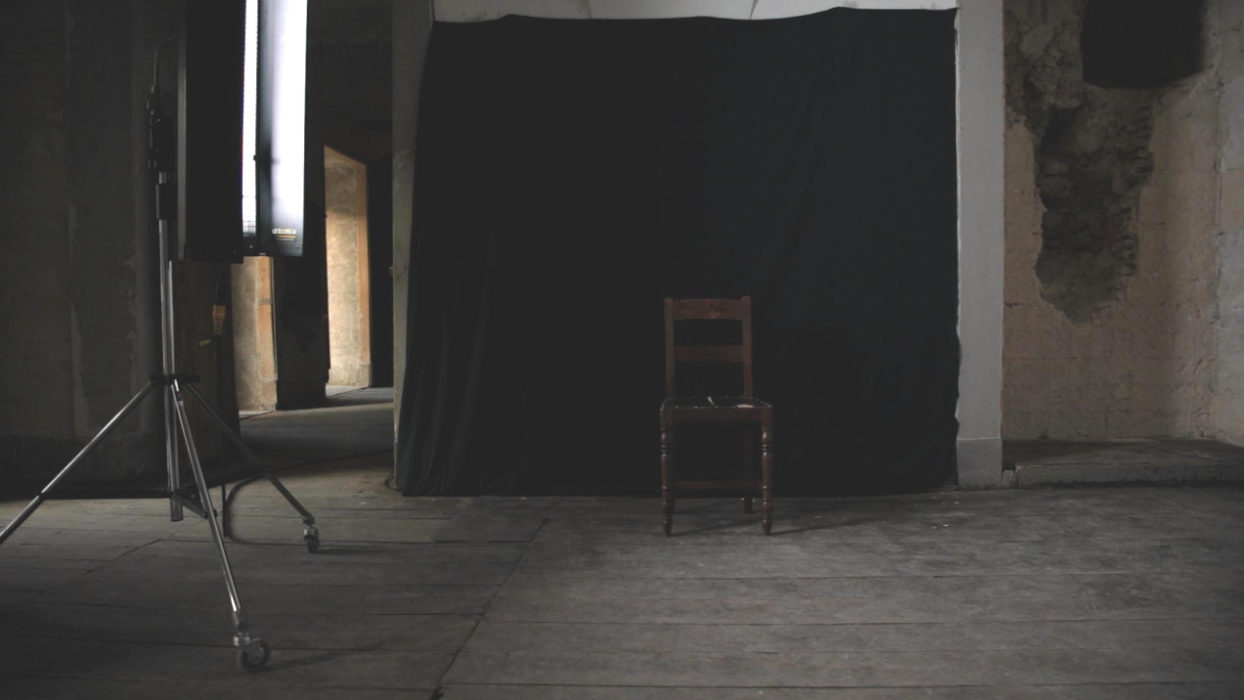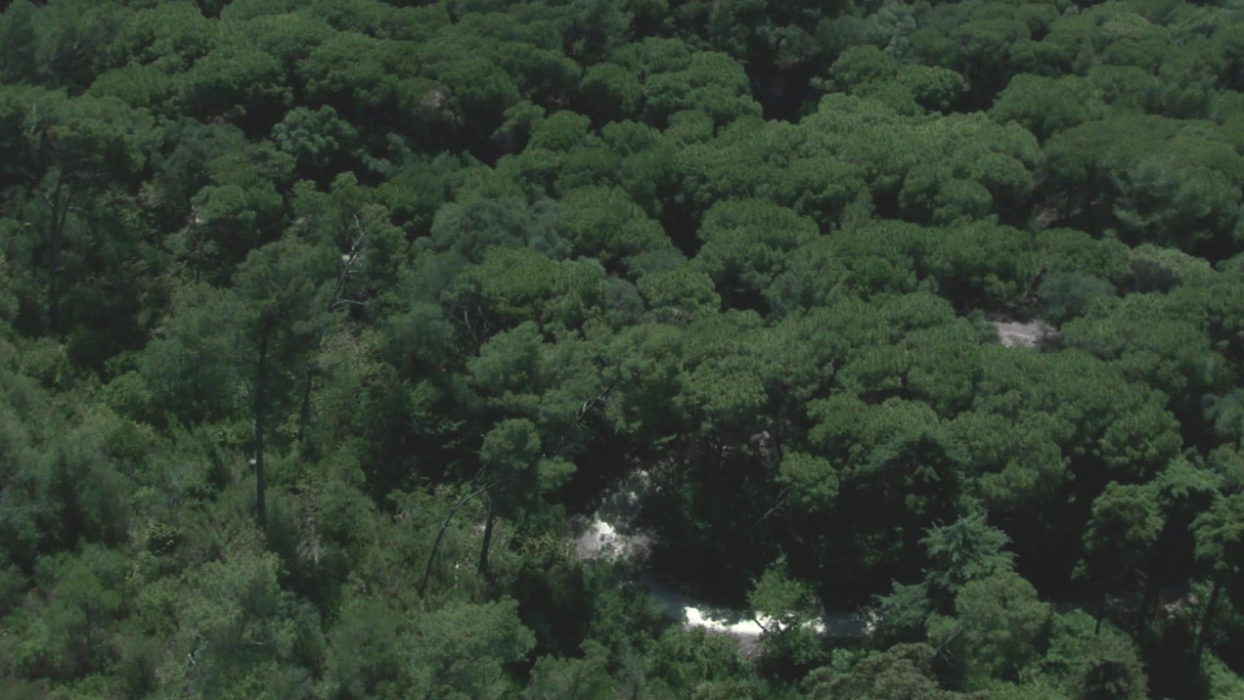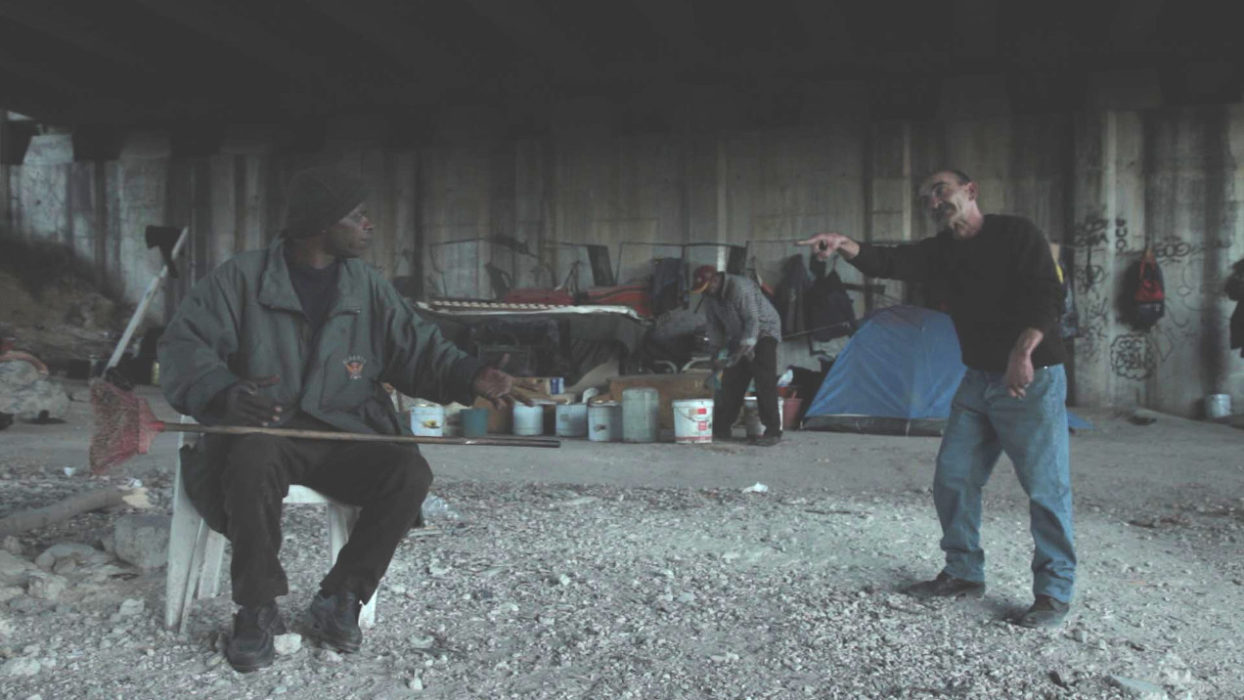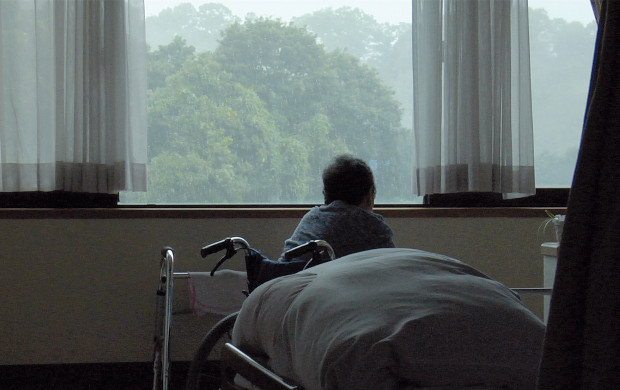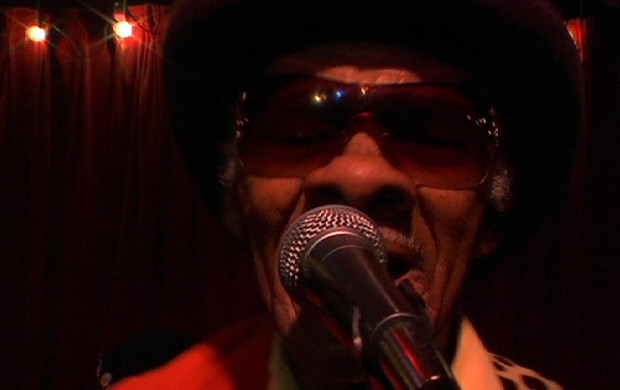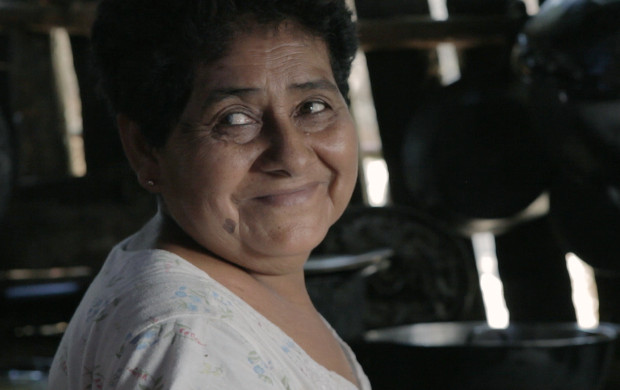TERRA DE NINGUÉM
NO MAN'S LAND
- 2012
- Portugal
- 72 minutes
- Portuguese
An unfurnished room, a chair. All around, half-light. The “no man’s land” of the title is neutral ground on which Paulo de Figueiredo, a mercenary in his sixties, agrees to talk about his life. But it also delimits an area of history still so recent and so poorly documented that the man’s revelations seem to call for some formal signs from the filmmaker – numbered chapters, intertitles. “The smell of blood gave me rushes of adrenaline…” – the film’s textual framework is a necessary minimum to help contain the violence of what is said and the suspicion that the mercenary is possibly relishing his recollections. Whereas Gianfranco Rosi’s El Sicario (Cinéma du Réel 2011) portrays a repentant killer in order to explore the workings of a single system (Mexican drug-trafficking), Figueiredo, who asserts that he has not changed, has served an array of different powers. The Portuguese colonial wars, the CIA in Salvador, Spanish and French anti-ETA commandos… Political regimes change, but the contracting-out of the worst kind of work is unaffected by the crisis. The ending of Terra de ninguém in the open air brings a postscript to what we learn in the film: all well-organised bureaucracies make sure that any strong arms they hire are stripped of their identity. In extremis, it is the film itself that certifies that a nonperson has indeed existed. (Charlotte Garson)
- Production : O Som e a furia
- Editing : Telmo Churro
- Sound : Bruno Moreira
- Photography : Takashi Sugimoto, Salome Lamas
- Copy Contact : O Som e a furia - fm@osomeafuria.com
